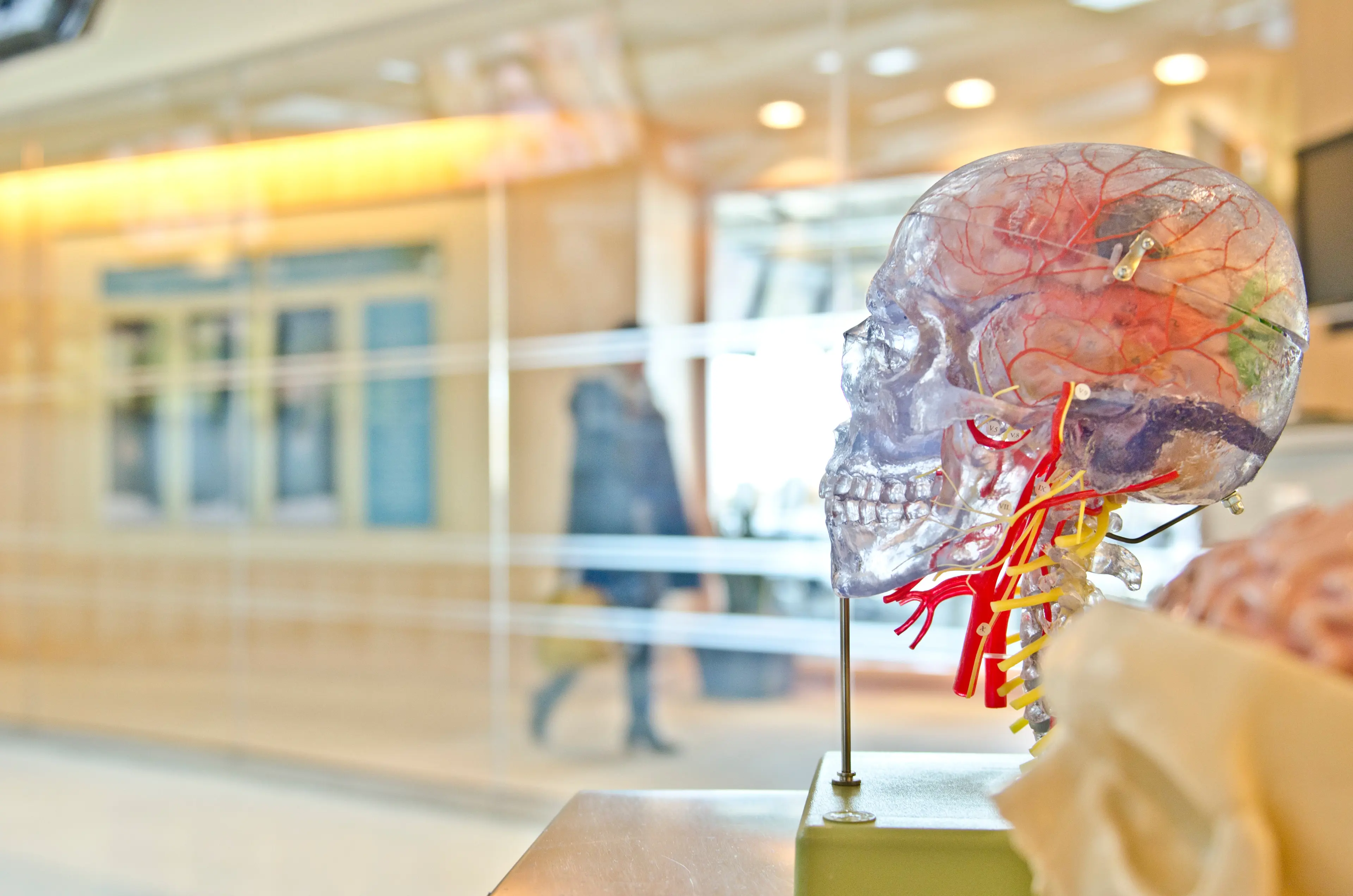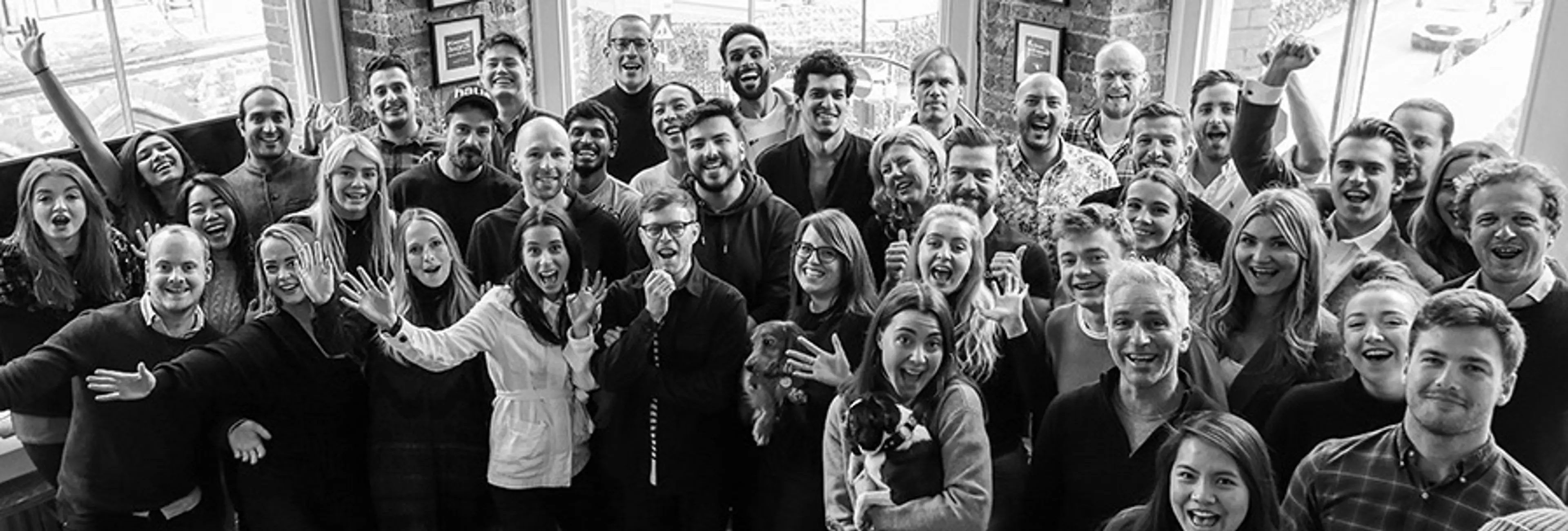
Trends & Insights
1 Feb 2019
1 Min Read
Exploring the Future of Learning
How and why we learn is shifting fast...
“Our skills in disseminating complex information will determine winners and losers in an age of information overload.”
Trends & Insights



